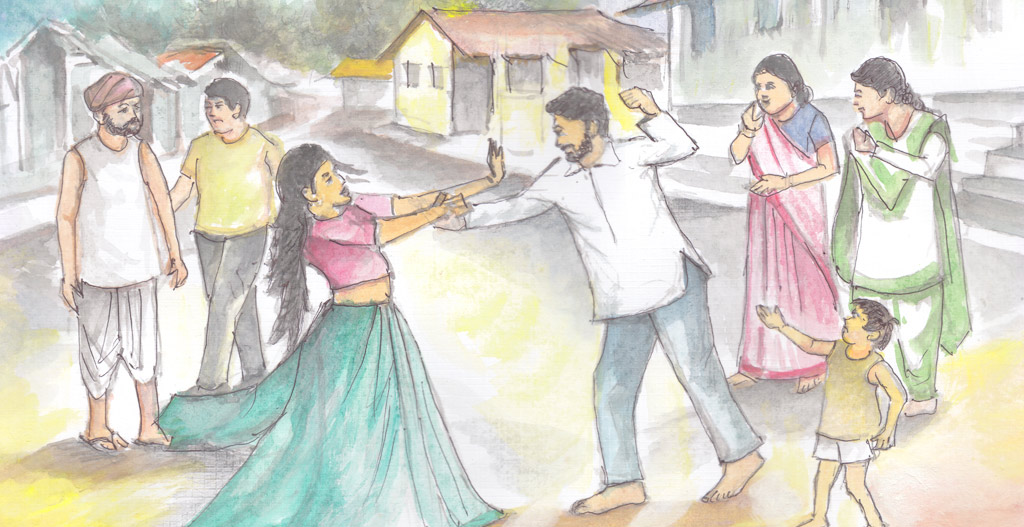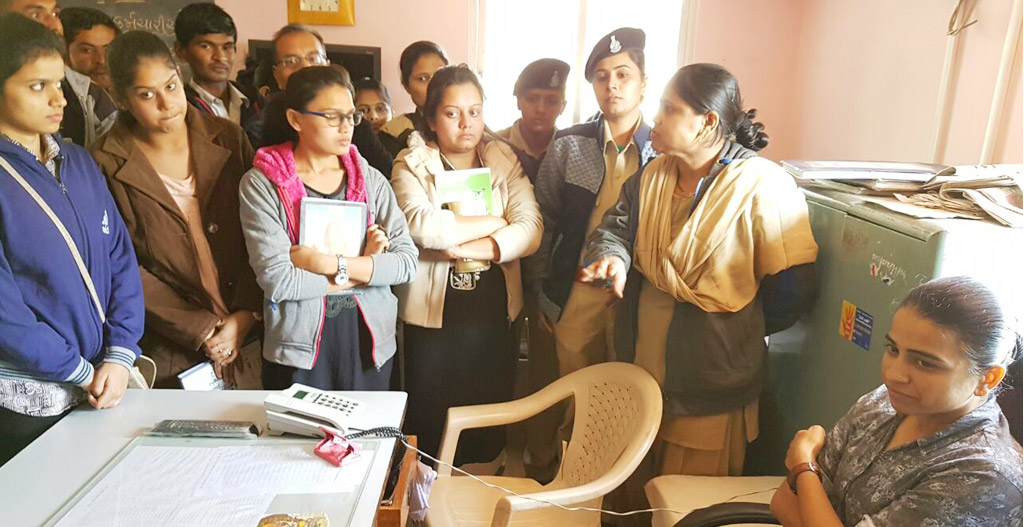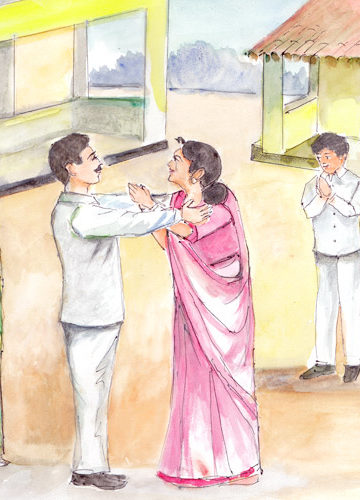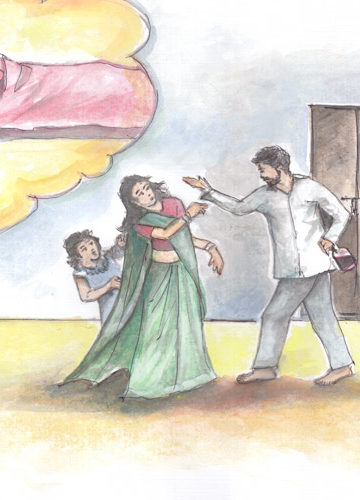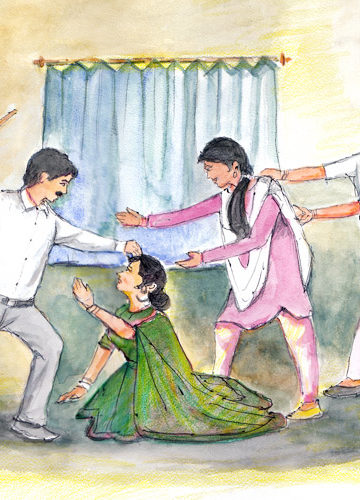SUMMARY
In India, where almost half of the population are women, they have always been ill-treated. Even as a citizen, they are deprived of their right to life and personal liberty as provided under the constitution of India. Women are always considered as physically and emotionally weaker than the men. Women, however, have proved their worth in almost every field of life-affirming that they are no less than men, due to their hard work.
The sad thing is that there has been an alarming increase in atrocities and violence against women in the country in recent times. Crimes against women are assertions of dominance that comes from the society. As a matter of fact, the problem of violence against women is often not considered as violence because of general acceptance of man’s superiority in the society. Often, women themselves do not consider it as violence because of their misconstrued religious values and resulting socio-cultural attitudes that have been internalised. It is happening in rural areas, towns, cities and in metropolitans as well. Bhuj is not an exception.
When I started working with KMVS a decade ago, I found many helpless women who were exploited and facing violence within and outside their families. They were exposed to exploitation and violence because they were not aware of their constitutional rights as well as the societal insensitivity towards women. Hence, I decided to work for changing this situation in my city.
FOLLOWING WORKS HAVE BEEN EXECUTED IN THIS DIRECTION:
My work is supported by KMVS. Ms Jigna Gor assists me as a sub fellow for legal counselling and support to women.
CHALLENGES:
- Exposing the cases of domestic violence as women do not prefer to report these cases, nor allow NGOs and police to intervene in the matter.
- Meetings, dialogue and counselling at various stages and multiple times in cases of complex nature require a lot of time and patience.
- Communities follow outdated, peculiar customs that create obstacles to resolving issues.
- Interference by locally powerful/dominant people/community in counselling processes.
LEARNING AND STRATEGY:
- Encouraging women to come forward with instances of violence by making them aware of the rules/regulations and legislation which protect their rights and prevent violence.
- While settling cases of domestic violence, if both parties do not reach any consensus, multiple meetings take place till they come forward to resolve the issue.
- Engaging with heads of communities in this process as their decisions influence a larger number of people and families.
- In few cases, where issues have not been resolved through counselling, the cases are transferred to meditation centre managed by the District Court or police.
Stakeholders involved in creation of violence-free society
REGISTERED CASES OF VIOLENCE DURING 2014 - 2017
Total No. of Cases
Registered on Hello Sakhi Helpline
Registered by KMVS team and redressed through counselling
[table id=1 /]


